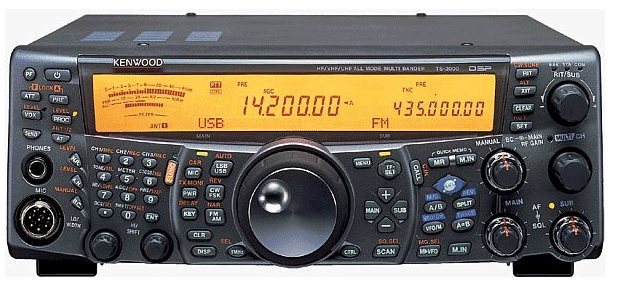Snake Eyes,
First, there's this legality thing. If this is to be operated on the ham bands you have some protection from RFI complaints if your equipment is well made and operated correctly. If it's for 11 meter use, forget it, you are always 'wrong' (and liable) no matter what it is, or how the equipment is used.
Having said that...
Very few (none that I know of) commercially build amplifiers are -advertised- as being AM capable/suitable. Most certainly are, but at power levels MUCH reduced from the advertised amount. Typically, something on the order of 1/3 to 1/2 of the advertised power capabilities. That's because if run "b_lls to the wall" on AM, the life expectancy of the amplifying device(s) goes way down, the unwanted emissions go way up, and 'reputation' (at the very least) suffers.
About RFI. Most commercially amplifiers are 'clean' unless 'pushed' harder than normal, and do meet regulations as to emissions purity and 'cleanliness'. All amplifiers amplify what they are 'fed', so feeding them a clean signal to start with is very good. You should have no 'cleanliness' problems with the TS-2000 (certainly still possible, but not very likely unless modified heavily).
Propagation and HOAs.
There's not much 'cure' for either, you got whats there. Neither can stop you from operating completely. That operation may not be the 'best' in the world, but you've stuck with whatever it happens to be at the moment. Both usually change over time. Propagation will get better, can't say about the HOA thingy.
For fixed use where you have AC power available the only real advantage to solid state equipment is the "instant On" thingy. After that, 'hollow state' equipment usually will cost less to buy/operate. The 'mainest' thing with tubes is to pick one that is fairly common and will be for some time. That doesn't necessarily (almost never) mean cheapest. Not just with 'Ameritron', but with any amplifier manufacturer, don't expect miracles from the 'low end' stuff, and be very careful with the 'top end' stuff! The 811 tubes just are not going to be around for the next 50 years, not very profitable to make them. The 3CX1500's are VERY picky about how they are 'fed'! Very easy to burn them out, which is NOT cheap at all. That covers the 'hi-low' end 'Ameritron' stuff. The two hardiest tubes they use are the 3-500s and the 3CX1200's. They tend to be more forgiving than the rest. Neither can be over driven without 'smoke'. Care, and knowing what you're doing is always the best thing.
[I'm trying to be as 'fair' as I can so not to 'advertise' for anybody.]
The 'best' bet is to figure about a 1/3 of the advertised ratings for AM power, sort of. After that, it's just a matter of what 'grabs you, what you can afford, and watching them meters very closely!
The other thing you have to remember, no matter which amplifier you happen to get is, that @#$ thing can kill you very, very quickly when you take the lid off of it! RTFM! Which means "Read The 'Furnished' Manual" and -believe- what it says about voltages and proper handling.
Not really all that much help is it... Good luck!
- 'Doc
PS - I like 'Ameritron' cuz I can afford them. They do close to what any other amplifier will do, and the difference isn't noticeable in almost every case. If I didn't throw them away, I've got enough 'dead' 3-500s for an Easter Egg hunt state wide. Unfortunately, I learn 'best' the hard way...sigh. Would love to have a 3CX1200 amplifier, just can't afford one. Wish you could plant and grow the @#$ things!
PPS - You better hang on to that TS-2000. Kenwood only made two other radios that even comes close to it. Far as I'm concerned, none of the rest of the brands even come close. The FT-1000D came close, but that's it. @#$, couldn't afford that one either...

